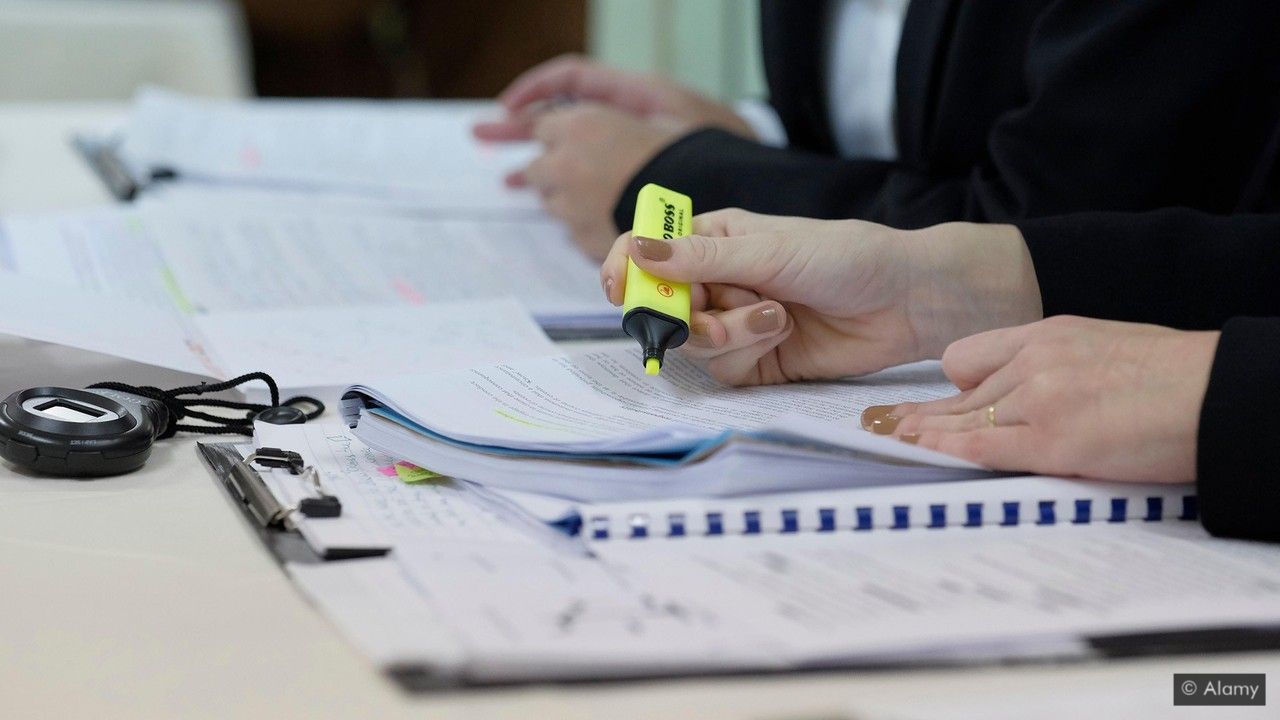‘Pay extra attention’
The new findings suggest many of us could benefit from simply being made more aware of the lessons hidden in our failures.
“In the wake of failure, ask, ‘What have I learned? How can I make this lesson useful in the future?’” advises Fishbach. She adds that it can be hard to learn from failures because they hurt your self-esteem, and you need to infer the correct answer or a more advantageous way of doing things. “So not only [do] you need to pay attention; you need to pay extra attention because it’s harder to learn from failure,” she says.

It also helps to lay the groundwork earlier, before you even embark on your work project or personal goal. Oettingen’s research on mental contrasting, in which people are prompted to imagine having reached their goal and then to anticipate the obstacles on the way, has shown that performing this exercise at the outset encourages people to be more receptive to negative feedback later on.
“Not only is failure feedback more readily embraced, but it’s also integrated in [the person’s] plans to reach the wish and to actually fulfil the wish,” explains Oettingen. It’s as if anticipating the ways that things could go wrong makes us more receptive to learning from our errors and failures when they inevitably occur. “It’s not only that they’ve kind of processed the information, but they’ve used that information in order to be more successful,” she says.
Of course, thinking about your errors and failures can be demotivating, especially if you are a perfectionist or feeling low in confidence. To face up to your mistakes and learn from them, it’s important not to be overly harsh on yourself.
Thomas Webb, of the ‘ostrich effect’ phenomenon, is currently part of a team at Sheffield University researching this very issue, including working with organisations to look at ways to help people overcome failure through self-compassion. His team will be working with a gym, a parenting organisation and a journal publishing company – in the last case, helping reviewers of papers to overcome their common tendency to procrastinate.
“The basic hypothesis is that many people are critical of themselves when they lapse or experience challenges,” Webb says, “but if they were able to respond with self-compassion, for example by recognising that failure is a natural part of being human, then it is possible to maintain motivation and efforts [in the face of failure] … part of this will be a cultural shift toward accepting apparent failure.”
Pg 4/5

